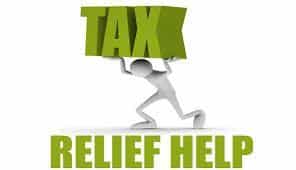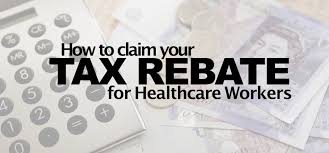How to Claim Deduction for Tax Relief for Dental Expenses

How to Claim Deduction for Tax Relief for Dental Expenses

Medical treatment is a daunting prospect when the bills arrive. Most treatments, especially dental treatments, require frequent visits to respective professionals. It is mostly because of taxes that dental treatments, especially non routine ones, are so expensive. You can be qualified for tax deductions in case of some treatments, depending on how commonly they are exercised, which will aid you in lightening your expenses.
Which treatments qualify for tax relief?
There are two types of treatments that are sought by the general public. Firstly, non-routine treatments are qualified to be subjected to tax relief. These include procedures that are not commonly performed and require specific conditions before it can be recommended. Some of these include fabricating artificial crowns, bridgeworks, and all treatments that require dental surgery. Routine treatments include commonly prescribed actions like tooth extraction, scaling, filling, repairing and providing artificial teeth or dentures. These treatments are exempt from tax relief. They are also exempt from this benefit if they occur in the course of non routine surgeries. In these cases, only the primary surgery is subjected to tax relief while the routine procedures are calculated separately without the benefit.
 How can you claim tax relief?
How can you claim tax relief?
In order to qualify for tax relief, there are some conditions that must be met as specified by the Internal Revenue Service.
- It is advisable to itemize your treatment expenses as not all treatments qualify for tax relief. Even in the course of non-routine treatments, there are some routine treatments that do not qualify for tax deduction. Itemizing can help isolate treatments that are eligible and have you get the most out of deductions and lighten your expenses.
- If the total cost of your treatment over the course of the year exceeds a requisite percentage of your adjusted gross income, then you’re qualified to claim deductions on the whole. This also applies for your spouse and dependents, provided some conditions are met. It is advised to consult your dental care professional regarding the matter.
- Some insurance premiums and policies allow you to qualify for tax deductions on your dental expenses. However, it is not applicable if multiple agencies are involved and it is recommended to consult your dental care provider and your insurance agency regarding the matter.
- Travel expenses are also qualified for tax relief. This includes charges for ambulance service, public transportation, tolls and parking fees. You are also eligible to claim deduction for your personal vehicle if used for medical purposes at a standard mileage rate. You can consult with your local government agency to garner specifics regarding the matter.
- There are forms available at your dental care professional that can allow you to claim tax deductions for various aspects of your treatment. These forms are authorized by the Internal Revenue Service and require signatures from your dental care professional in order to be approved.
There are several alternatives to save on dental expenses besides claiming deductions like opting for medical studies, dental tourism, and other government resources.




